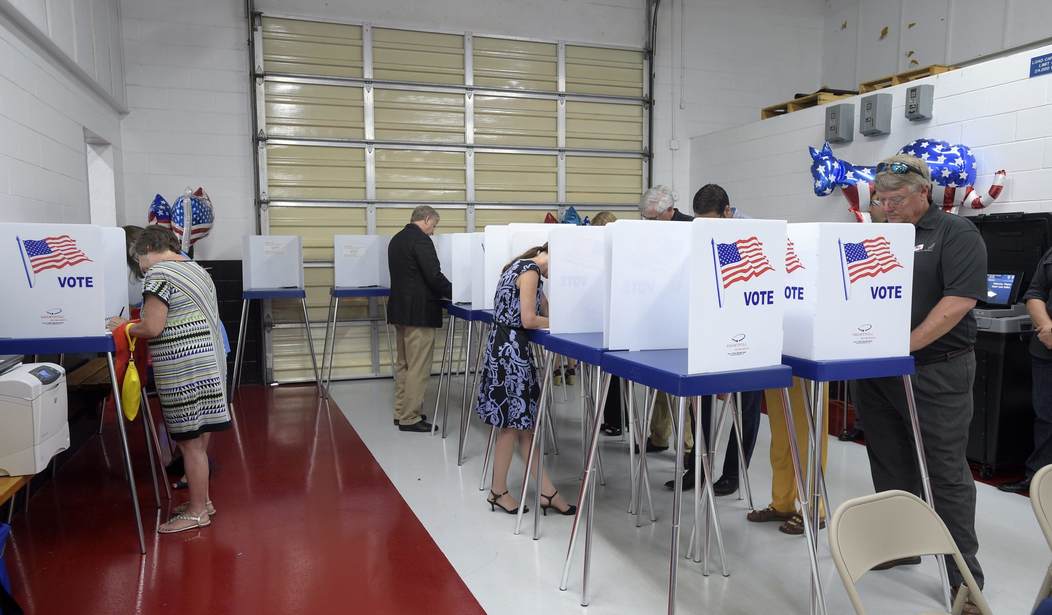One of the longstanding truisms in presidential election politics is that the state of Florida is prioritized as a must-win for both the Republican and Democratic parties. It was the setting for one of the most surreal moments in the history of America, when the highly controversial 2000 presidential election between Texas Governor George W. Bush and Vice President Al Gore led to respective legal challenges by both campaigns to attempt to prove victory in the “Sunshine State.”
As we all remember, in the 2016 presidential election, Florida was won by Donald Trump, who earned a plurality of 49% of the popular vote. This amounted to a 1.2% winning margin over his opponent Hillary Clinton, who came up short with 47.8% of the vote.
What you might not remember is that victory was in part enabled by the GOP’s ability to flip four counties that had voted for President Barack Obama over former Massachusetts Governor Mitt Romney in 2012. Additionally, President Trump won 14 of Florida’s 27 congressional districts, which highlights how truly small his margin for error is in the state heading into next year’s reelection attempt.
In the years since the 2016 election, the makeup of Florida’s population has changed dramatically. As a result of the fallout following 2017’s hurricane season, the state has been inundated with migrants from the U.S. Territory of Puerto Rico. According to the U.S. Census Bureau, of the estimated 130,000 Puerto Ricans that left the island between July 2017 and July 2018, around 50,000 of them settled in Florida.
Puerto Ricans are American citizens by birth and therefore eligible to vote in the State of Florida so long as they go through to appropriate channels to register, making them a crucial voting bloc with the potential to swing a presidential election or control of one of the two chambers of Congress.
Another major factor in deciding Florida may come down to a group of migrants with no natural connection to the state or the United States – Venezuelans.
As Hugo Chavez and Nicolas Maduro’s “Socialist Utopia” has fallen apart and descended into chaos, violence, poverty, and starvation, over 4 million Venezuelans have fled the country, according to the United Nations. Over 200,000 of them are currently residing in the United States, with a large concentration of them in the state of Florida.
Recent rumblings indicate that the Trump administration may look to shield this one particular group of migrants as the president has received increasing pressure from Florida lawmakers. The idea being discussed would be to offer Venezuelans in the U.S. protection under one of two programs currently in effect to protect illegal residents that fled from countries affected by either natural disasters or war.
The administration is in a lose-lose situation by even considering taking such an action. Much of the groundswell of support for then-candidate Trump’s 2016 presidential campaign was built on his promise of comprehensive immigration reform and border security.
In the years since, that effort has been stymied by Democratic leadership, particularly Speaker of the House Nancy Pelosi and Senate Minority Leader Chuck Schumer. Events including the expiration of the Deferred Action for Childhood Arrivals Program (DACA) and a historically long government shutdown over a dispute on allocating funding of just an additional 3.4 billion dollars toward border security, have been among the legislative lowlights.
Florida, which has a strong conservative base, is a state that must be handled carefully by the Trump 2020 campaign. The Venezuela issue amounts to a purity test. Is Trump willing to bend in a manner similar to Democrats in appeasing a select group of voters? Will his base turn on him as a result of his willingness to allow for a special set of rules for the victims of the failed Venezuelan state?
The miles of new border fencing being built may afford the president the opportunity to bend on this issue without completely alienating his supporters, but the one question that has to be asked is: “If Trump is willing to compromise on immigration, what other concessions to the left is he willing to package into his 2020 platform?”









Join the conversation as a VIP Member